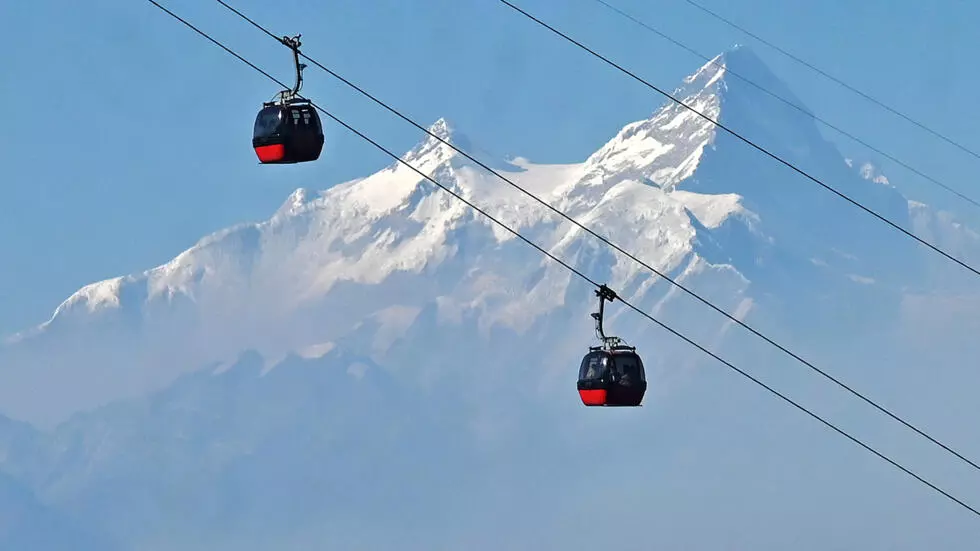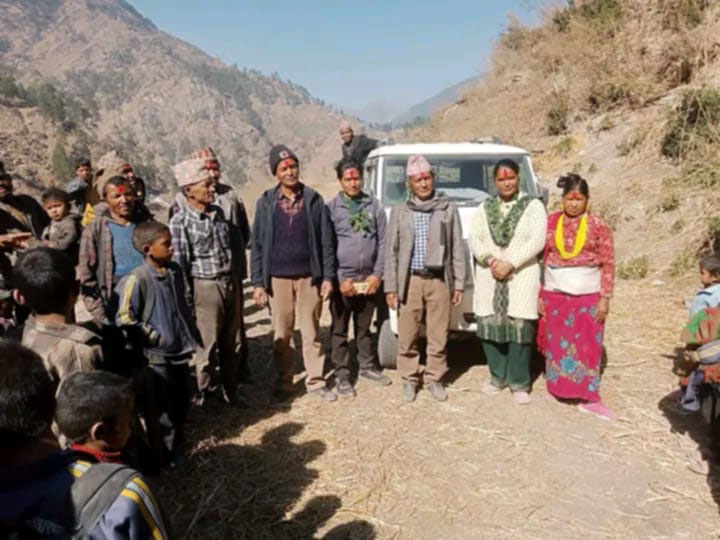Study Uncovers Severe Exploitation of Nepali Workers in Malaysian Detention Centers

London — A recent joint study by the Migrant Nepali Coordination Committee (PNCC) and the Center for the Study of Labor and Mobility (CESLAM) has unveiled alarming levels of exploitation faced by Nepali workers in Malaysian detention centers. The report, published on Sunday, calls for urgent rescue efforts and enhanced monitoring by the Nepali Embassy in Malaysia.
The comprehensive study analyzed the experiences of 758 Nepali workers who had returned to Nepal after being detained in Malaysian deportation centers. According to the findings, exploitation of Nepali workers has increased compared to previous years, with many detainees suffering from a lack of timely legal protection and facing significant stress due to delayed court hearings.
The report highlights several critical issues:
Urgent Need for Embassy Action: It recommends that the Nepali Embassy in Malaysia actively monitor detention centers and collaborate with local authorities to facilitate the rescue and treatment of detained Nepali workers. The study underscores the necessity of ensuring proper oversight and control over the conditions faced by Nepali detainees.
High Costs of Legal Services: The report emphasizes the prohibitive costs of legal consultation in Malaysia, noting, “The expense of hiring a lawyer is considerable. Failing to appoint a lawyer promptly leads to delays in court hearings, causing stress for the workers and their families.” This financial burden further exacerbates the plight of detained workers, many of whom are unable to afford adequate legal representation.
High Arrest Rates Among Nepalis: The study found a high number of arrests among Nepali workers, particularly those who had left their companies. Statistics reveal that 61 percent of arrested individuals had abandoned their jobs. The reasons for imprisonment range from conflicts with colleagues or employers to serious offenses such as murder, theft, drug-related crimes, sale of fake alcohol, gambling, and kidnapping.
The report’s findings have prompted calls for immediate and coordinated action to address the exploitation of Nepali workers in Malaysia. It underscores the urgent need for the Nepali government and its embassy to take proactive measures to protect the rights and well-being of its citizens abroad.
As the situation continues to unfold, the Nepali community and international human rights organizations are expected to keep a close watch on developments and advocate for the humane treatment of migrant workers. The hope is that increased attention and concerted efforts will lead to tangible improvements in the conditions faced by Nepali workers in Malaysian detention centers.



















Facebook Comments